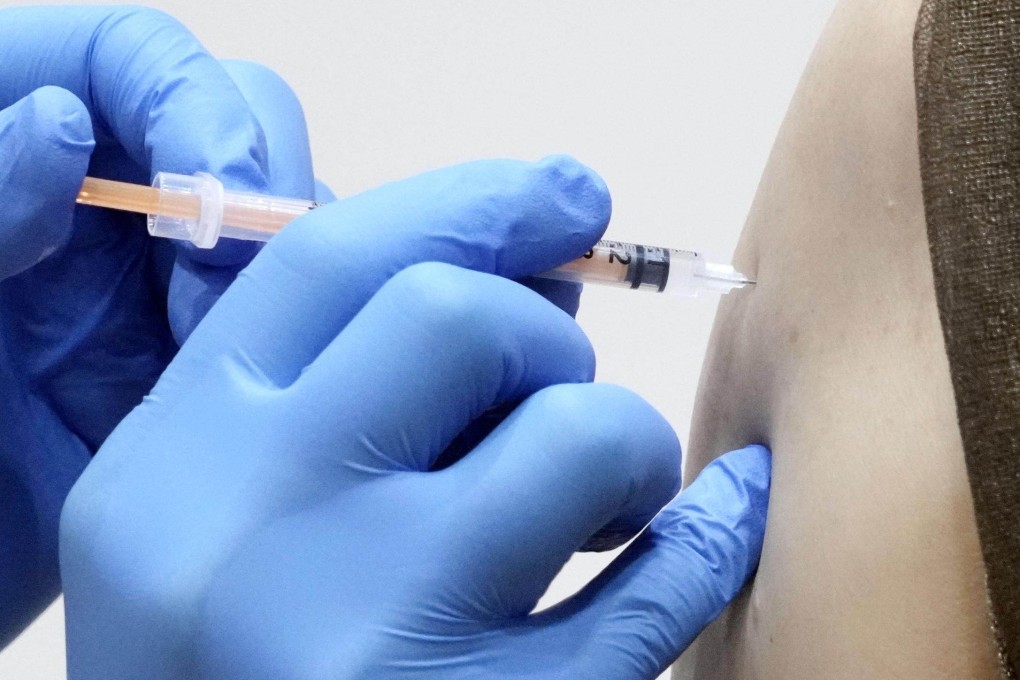Advertisement
Singapore’s Covid-19 infections rise amid new subvariants but no change to rules – although health ministry urges boosters
- City state’s health ministry says a third of new cases are linked to latest Omicron subvariants, almost double last week’s number
- While there’s strong immunity, government is reminding people, particularly over 60s, that jab number 3 hugely reduces risk of death or serious illness
Reading Time:3 minutes
Why you can trust SCMP
3

Singapore is seeing a surge in Covid-19 cases, with a 23 per cent week-on-week increase in infection amid newer Omicron subvariants.
The health ministry said on Tuesday night that the proportion of BA.4 and BA.5 infections is rising, contributing to about a third of Singapore’s Covid-19 cases. This compared to 17 per cent, 8 per cent and 3 per cent in the previous three weeks.
Singapore was hit by the Omicron wave earlier this year and saw close to 20,000 daily infections, the bulk of them being the BA.2 subvariant. On Tuesday, it reported 7,109 cases.
Advertisement
The ministry warned that the current surge would continue given the higher transmissibility of the two latest subvariants. However, the severity of BA.4 and BA.5 infections is similar to what was seen in earlier Omicron strains so there will be no change to Covid-19 measures at the moment.
On May 15 Singapore reported its first local cases of the two new sub-variants, which were both first detected in South Africa earlier this year.

Advertisement
Select Voice
Select Speed
1.00x